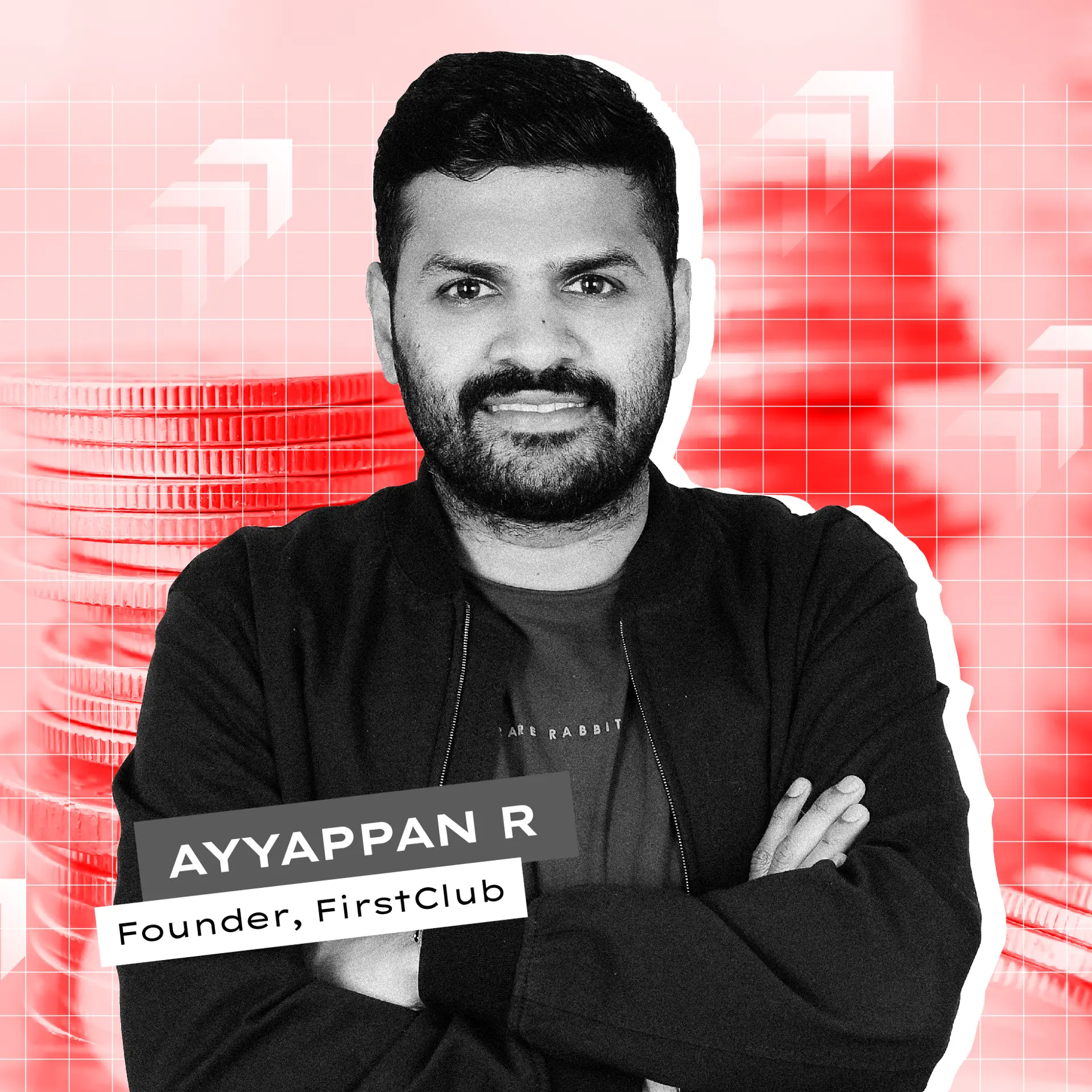A Selfish Developer Ecosystem; India’s Biggest Barrier to Cutting Edge Innovation in the Software Industry
Knowledge is power. This is drilled into every Indian student’s head as a universal truth and Indian students do the best job of abiding by it. Many of these students become software developers; very good ones at that. Despite the high caliber of these developers, the Indian technology ecosystem is still

not known for housing the next Facebook or Google. Even after having one of the most vibrant startup ecosystems in the world, India is still not looked upon as a contender on the world stage at the large scale.We set out on a quest to understand this problem better and spoke to many entrepreneurs, developers and members of the technology community in Bangalore. Many reasons came up in our discussion, some of which are major concerns that require many great minds to come together to solve. But one of the biggest reasons that I wish to showcase today, is seemingly trivial: selfishness.
Knowledge in Isolation
Many of us have encountered individuals who refrain from sharing their knowledge out of fear that someone else would put it to better use than themselves. We’ve heard from the various developer communities in Bangalore that India’s software industry is full of such people. Amrit, a senior developer from a leading MNC, says “Indians are not keen at collaborating with each other. They will keep knowledge it to themselves because to them, it’s an edge that they have over others and this exclusive knowledge will help them rise in companies they work for.”
"The mindset of the Indian developer and say, an American developer are polar opposites. While we think that keeping this knowledge to ourselves will make us more valuable, Americans come with a mindset that ‘if I share my knowledge with 10 people around me, those many more people will know that I am good at something,’" says Amrit. "This leads to more collaboration and consequently gives rise to more chances for innovation.”
Industry veterans such as the Narayan Murthy have openly voice their concern regarding this behavior in the Indian developer ecosystem and have urged the developer community in the past to collaborate more.
Community; Adoption and Misinterpretation
In recent times, the IT hubs across India have seen an adoption of some of the Valley’s culture. One such culture is the weekend meetups and Barcamps. Developer communities of various categories have formed and the Saturday meetup culture is prevalent for many technologies. This is a great thing. Many people from diverse backgrounds have a platform to connect and collaborate. Mobile technologies has benefited greatly from this and India now houses the largest android meetup group in the world. But such stories in India are far and few. Here’s why:
These meetups are meant to be fueled by sharing of knowledge and a zeal to learn. When members and organizers push their personal agendas in such meetups, the purpose of community is diluted. Technology companies also have a role to play here. In the process of getting more people to adopt their technology, they sometimes resort to providing lucrative incentives to community organizers, who then propagate a company's requirements within the community. 9 out of 10 such communities have disbanded.
Developer communities in India must not allow this. It is good to be early adopters of new technologies, but let developers take that call. History shows that meetups and community events cannot be tied to profits and personal agendas; such meetups have not lasted and as a result, good technologies have not been adopted.
Ravi, an organizer of one of the few successful communities in India says "I think it is very important that the organizing committee of a community are committed to its purpose and there's no other vested interest that they wish to push through it. Our community's co-organizers are all accomplished in their professional lives and there's no other reason, but to share knowledge and collaborate, as to why we do this every weekend."
Sudar, a robotics enthusiast, says: "Many people have asked me to start doing robotics for a living and some have even told me to not share my knowledge about it so openly. I do this out of interest and I readily share what I know. Whatever I've learnt is from the Internet so keeping it to myself is really silly. Somewhere a community of robotics enthusiasts have made all this information available for the world and through sharing what I've learnt from it, I am only giving back to the community."
Community plays a very important role technology innovation; the better the community, the better the developer ecosystem. Communities cannot thrive in a selfish environment.
Share Your Knowledge and You’ll End Up Having More
It boils down to the way knowledge works. Keeping knowledge to oneself doesn’t help anybody; you won’t know what you don’t know and others won’t know what you know. Sharing knowledge is very important and community provides a platform for this to happen. Knowledge IS power, but only when shared.
There is a famous quote from Jürgen Habermas, the German sociologist; ‘Knowledge does not exist in isolation to be discovered’. In today’s context this means, ‘If you’re looking to innovate, share your knowledge; give, so you may get.’







